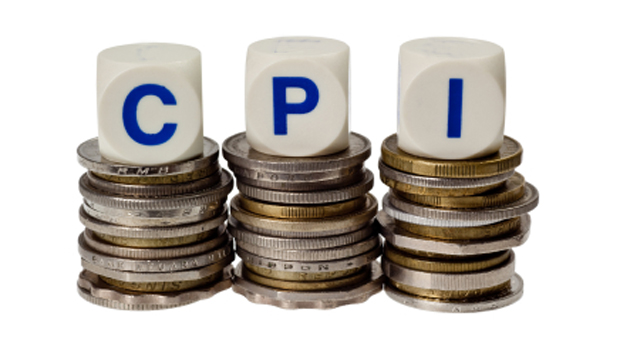December 26, Colombo (LNW): Sri Lanka’s national consumer prices saw a continued decline for the third consecutive month in November 2024, providing much-needed relief to households across the country.
The downward trend in prices, much sharper than the previous month, has been welcomed by many citizens who have faced years of soaring costs since 2022.
According to the latest data, the National Consumer Price Index (NCPI) dropped by 1.7 per cent in the 12 months leading up to November, following a smaller decline of 0.7 per cent in October.
This marks a notable shift from the extreme inflationary pressures that had previously burdened the public.
However, on a monthly basis, prices rose slightly by 0.1 per cent, reflecting a modest uptick in food costs, notably coconut, coconut oil, and rice, which have dominated both social and political discourse in recent weeks.
Coconut prices saw the steepest rise between October and November, driven by production setbacks and high demand from export industries.
Similarly, the price of rice became a contentious issue, prompting urgent measures from the government to address the supply shortage and stabilise prices, especially as the country approaches the festive season.
The Cabinet recently announced plans to import rice to prevent any further disruption to the market and ensure the availability of key varieties.
Despite these food-related price fluctuations, the overall food prices remained steady on a year-on-year basis up until November, with the exception of coconut and rice, which contributed to the 0.4 per cent rise in monthly prices.
In contrast, non-food prices continued their downward trend, falling by 3.1 per cent compared to November 2023.
The decline in non-food prices slowed slightly in November, with a more modest drop of 0.1 per cent compared to a sharper 0.6 per cent decrease in October.
The Central Bank of Sri Lanka has projected that the current deflationary conditions are likely to persist through the first half of 2025 before gradually aligning with the medium-term inflation target of 5 per cent.
In its recent assessment, the Central Bank noted that while price reductions could have negative implications for certain sectors, they are ultimately beneficial for the overall economy.
The easing of inflationary pressures allows consumers to regain some of their purchasing power, enabling them to spend more on goods and services they had previously cut back on.
This boost in consumer spending is expected to stimulate economic growth as the country emerges from a prolonged period of economic difficulty.
In addition to the ongoing deflationary environment, the government’s upcoming reduction in personal income tax is expected to further support consumer spending, providing households with additional disposable income to contribute to economic recovery.
Meanwhile, core inflation, which excludes volatile items such as food, energy, and transport, rose by 1.5 per cent in November from the previous year. While this marks a slight decrease from the 1.7 per cent increase recorded in October, it reflects a broader cooling of underlying inflation pressures within the economy.
This trend further suggests that inflationary forces are subsiding, providing a positive outlook for both consumers and businesses as the country seeks to stabilise its economic situation in the months ahead.

